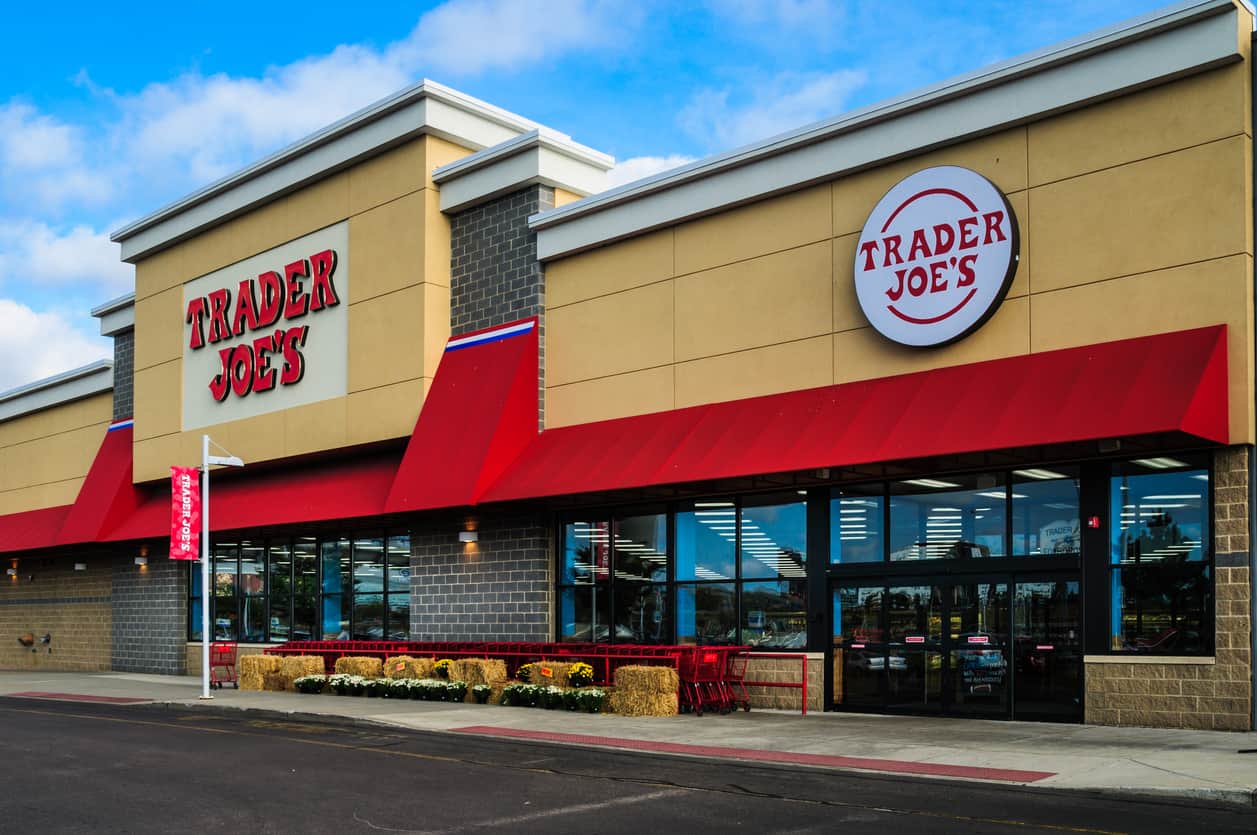
iStock.com/KenWiedemann
Is Trader Joe’s Crossing the Copycatting Line?
An investigation by food publication Taste found some foodie upstarts charging that Trader Joe’s has copied their recipes and package design innovations when developing its private label offerings and purposely cut them out of deals.
Citing conversations with five founders of small to midsize ethnic food brands, Taste detailed a practice whereby Trader Joe’s engages in conversations with an emerging brand under the guise of forming a private-label partnership, often asking for samples and exploring potential recipe adjustments. Conversations then go quiet, and Trader Joe’s winds up introducing a highly similar product on its own.
One founder who declined to be revealed believes Trader Joe’s proposes a “price point that they know you can’t meet” as an excuse to forego continued negotiations before developing a similar product on its own.
“It reminds me of the fast fashion model,” Jing Gao, who founded the Fly By Jing brand of Sichuan chili crisp, told Taste. “Trader Joe’s is like the food version of Zara or Shein. The way that these big houses keep up with so much innovation so quickly is by copying independent designers.”
Gao was reportedly approached by Trader Joe’s about replicating her recipes. However, she made it clear that she’d “only consider partnering with the company if it was also willing to carry her Fly By Jing brand in its stores. That turned out to be a dealbreaker, ending the conversation on the spot.”
The Taste article further said that given their experience working on similar collaborations with other retailers, including Costco, Target, and Whole Foods, the founders “described Trader Joe’s shadowy tactics as an outlier in the industry.”
Known for being tight-lipped when it comes to its private labeling process, Trader Joe’s told Taste in response to the alleged infractions, “We are proud of our long history of supporting vendors and their growth with us. For a range of reasons, we are unable to work with every company we contact and realize our decisions to not pursue certain products can be disappointing.”
In a response to Business Insider, a Trader Joe’s spokesperson said, “In our search for new products, we meet with many producers to determine who can best deliver on food safety, production capacity, quality, and price.”
Two other limited-assortment grocers, ALDI and Lidl, are also often known for developing private labels that are similar in taste and packaging to better-known products in the marketplace. A Daily Meal article notes that ALDI engages in “brand imitation” to legitimize such actions. The article states, “The key to this strategy is to have just enough difference in packaging, branding, and ingredients to avoid a lawsuit, which is called comparative advertising. So long as there’s no deliberate deception on the part of the imitator, it’s okay.”
A Reddit discussion thread exploring Taste’s article delivered mixed comments. Some agreed Trader Joe’s was taking advantage of smaller brands, but other commentators felt that other issues, including challenges meeting capacity requirements, likely led to the grocer not forming partnerships. One commentator said, “You need a massive infrastructure to get your products to their shelves.”
Discussion Questions
Are Trader Joe’s alleged tactics in engaging with smaller brands to explore private label development fairly common or an “outlier” approach for grocers?
Does such a practice seem ethical or unethical?
